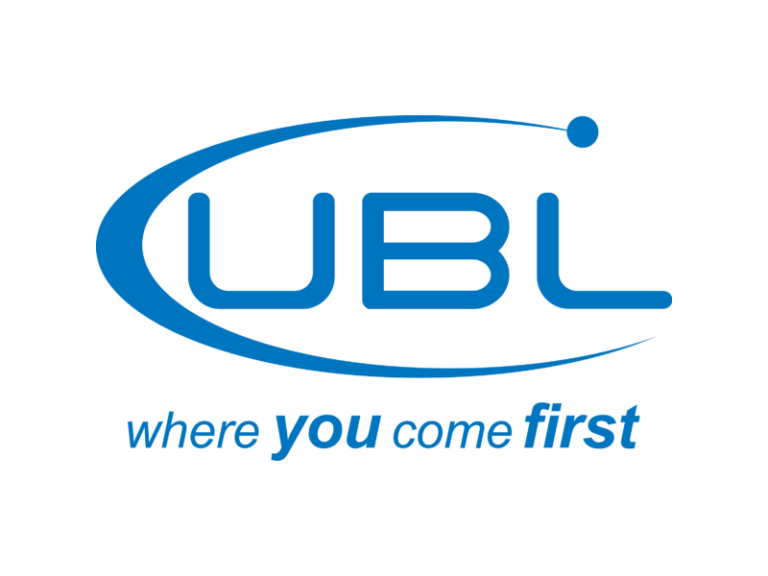What are Certificates of Deposits?
When you open a Certificate of Deposit account with a bank, you make a predetermined investment for a set period. Up to maturity, the issuer will pay interest at regular intervals. You will get your initial investment plus all accrued interest at the end of the term. A CD with a shorter maturity period will give you a respectable return. Still, investing in a CD with a more extended maturity period makes economic sense because they typically have a greater yield.
CDs differ in several ways from savings or money market accounts. You may want to learn more about CDs, how they operate, and how they might fit into your savings plan.
This article covers the basics of CDs, including how they work and why you should invest in one.
What is a Certificate of Deposit?
A Certificate of Deposit (CD) is a type of savings account that offers a higher interest rate in exchange for agreeing to leave your money in the account for a set period. In general, consider CDs to be a kind of time deposit savings account.
You invest a set amount of money in this account for a certain period, also referred to as the term. The financial institution provides a fixed rate of return in exchange for that period, denoted by an annual percentage yield (APY).
At the end of the term, you get your original investment back plus any interest accrued. A CD that matures sooner will give you a respectable return, but it makes economic sense in a CD that matures later because the yield is typically higher.
Since most CDs impose fees if you withdraw your money before the maturity date, knowing how long you can commit it before choosing a CD is essential. Certificate deposits act as savings accounts so that you won’t require access throughout the term.
CDs offer a higher rate than standard savings accounts to compensate for the loss of liquidity. They also give a low-risk investment opportunity because the account holder doesn’t require extensive knowledge of the financial markets.
CDs are Federal Deposit Insurance Corporation (FDIC)-insured, just like savings accounts, so you don’t have to worry about losing your money if the bank fails.
How Does a Certificate of Deposit Work?
Once you get a financial institution that aligns with your financial objectives, you’ll make a lump-sum deposit to open the account. The opening deposit is known as your principal. In exchange for that deposit, you agree to keep your money in the account until it matures.
The timer on your timed investment begins to tick when you deposit your money into a CD. That’s why knowing how long you can afford to keep your money out of reach is essential.
Make sure the banking institution explains the early withdrawal penalty on your CD before you acquire it. You will be subject to this fee if you withdraw the funds before the maturity date. Depending on the length of your CD, the specific early withdrawal penalty may range from 60 to 365 days’ worth of interest earnings. Your principal investment may occasionally be reduced by the fine.
When the CD matures, you’ll be able to withdraw your money plus any interest accrued. Some certificates of deposit (CDs) renew automatically, compounding the owner’s earnings by adding the interest to the principal. In contrast, others stop paying interest after maturity and can either be manually renewed or withdrawn in full.
What Factors Determine CD Rates?
The federal funds rate usually referred to as the “fed funds” rate, is frequently used as an index rate in CDs to calculate rates for all interest-bearing accounts. Banks and credit unions typically raise the interest rates on savings and certificate of deposit (CD) accounts when the federal funds rate rises. Banks will reduce their rates on identical accounts when the fed funds rate declines.
The current economic conditions are also a significant factor in most CDs’ rates since banks will adjust their rates to remain competitive.
The Federal Deposit Insurance Corporation (FDIC) keeps tabs on interest rates on Treasury and deposit securities every month. The FDIC figure shows how each bank or credit union’s CD rates compare to the national average when comparing CD rates.
Banks and credit unions set interest rates depending on a CD’s term. The general rule is that the longer you leave your money in a CD, the higher your interest rate will get. However, this rule is not always true, and banks and credit unions may highlight or advertise specific terms at higher rates.
Types of Certificate of Deposits
There are several types of certificates of deposit, and each has different features to consider. As interest rates range between banks and CD terms, so do rates for various types of CDs. Here are the most known types of CDs:
- Traditional (Standard) CDs – This is the most straightforward type of certificate of deposit. Typical characteristics of traditional CDs include modest principal investment requirements, a fixed rate, a set term, and FDIC or NCUA (National Credit Union Administration) protection. Standard CDs typically impose an early withdrawal fee.
- Liquid CD– also called a no-penalty CD, allows account holders to withdraw funds before the maturity date without being subject to an early withdrawal fee. Usually, there is a waiting period of six days before you may withdraw your money. The sole drawback to a no-penalty CD is that you cannot withdraw just a part of your principal. Typically, you’ll have to withdraw the entire amount. While a liquid CD has more flexible features, it usually has a lower interest rate than a traditional CD.
- Step-up CD– offers a higher rate if you keep your money in the account for a specific period. For example, the interest rate may increase after the first six months. After the one-year mark, it may go up again. The idea behind a step-up CD is to give account holders an incentive to keep their money in the account for longer.
- High-yield CD– offers a higher interest rate than a traditional or liquid CD. The trade-off for a higher yield is that you may have to keep your money in the account for five years or longer. High-yield CDs give the highest rates available in the market
- Jumbo CD– has a higher minimum deposit than a traditional CD—a minimum deposit of $100,000. The advantage of a jumbo CD is that it usually has a higher interest rate than a traditional CD.
- Bump-up CD– offers account holders the ability to “bump up” or increase the interest rate on their certificate of deposit if rates go up during the term of the CD. Note: Your rate doesn’t automatically increase. You will need to request a rate increase from your bank.
- IRA CD– You can invest your annual IRA contributions in an IRA CD instead of bonds and equities, which lowers the risk to your capital because CDs are often safer than stocks and bonds. It’s important to note that you risk paying tax penalties and losing interest if you take money out of an IRA CD before you reach the minimum retirement age.
- Add-on CD– An add-on CD allows account holders to make additional deposits during the term of the CD. You might be able to schedule recurrent deposits, but there might be a minimum deposit requirement. The interest rates and starting deposit requirements for this CD are probably lower.
There are more varieties of CDs besides those mentioned above, and not all financial institutions sell all of them. Private-labeled CDs are variants of one of the CDs that several banks and credit unions offer. It’s possible to come across CDs referred to as “vacation savers” or “holiday savers,” which are often standard CDs with a short maturity period.
Why Should You Open a CD Account?
There are several reasons why you might want to open a certificate of deposit, including the following:
- To save money– People open a CD mainly to save money for specific goals. CDs offer a safe and guaranteed way to grow your money.
- To get a higher interest rate– If you’re looking for a higher interest rate than you can get with a savings account, a CD may be a good option.
- To diversify your portfolio– CDs can provide stability and diversity to your investment portfolio.
- To avoid stock market fluctuations– If you’re risk-averse or don’t want your money subject to the ups and downs of the stock market, a CD is a good option.
- To get a steady return– Variable-rate CDs have fluctuating rates but consistent returns, while fixed-rate CDs provide a guaranteed return. In comparison to other investment forms, CDs often offer more predictable returns.
Alternatives to CDs
You might profit from exploring further possibilities if the numerous CD genres cannot satisfy your needs. Viable options include money market, regular savings, and high-yield savings accounts. Although the return may not be as high, you will have quicker access to your money and the freedom to increase your investment at any time.
Conclusion
There are many different banks and credit unions where you can open a CD account, making CD investing simple. Compare CD interest rates from many financial institutions before investing so that you may discover the best rate for the CD’s term.






